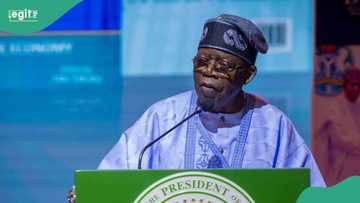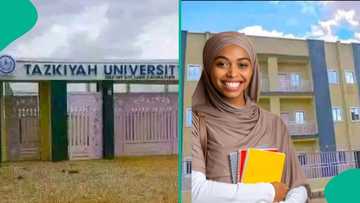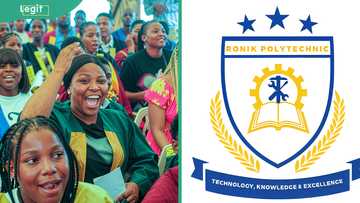List of 5 Changes FG Introduced to Curriculum for Basic, Senior Secondary, Technical Education
- The federal government has rolled out a new curriculum for basic, senior secondary, and technical schools to reduce subject overload and encourage deeper learning
- Under the revised structure, pupils and students will take fewer subjects with richer content tailored to their levels
- Primary school children will handle between 9 and 12 subjects, while senior secondary students will take 8 to 9, and technical students 9 to 11
The federal government has approved a revised national curriculum covering basic, senior secondary, and technical education across the country.
The reform, announced by the ministry of Education, seeks to ease content overload, reduce the number of subjects taken at each stage, and create more space for practical and deeper learning.
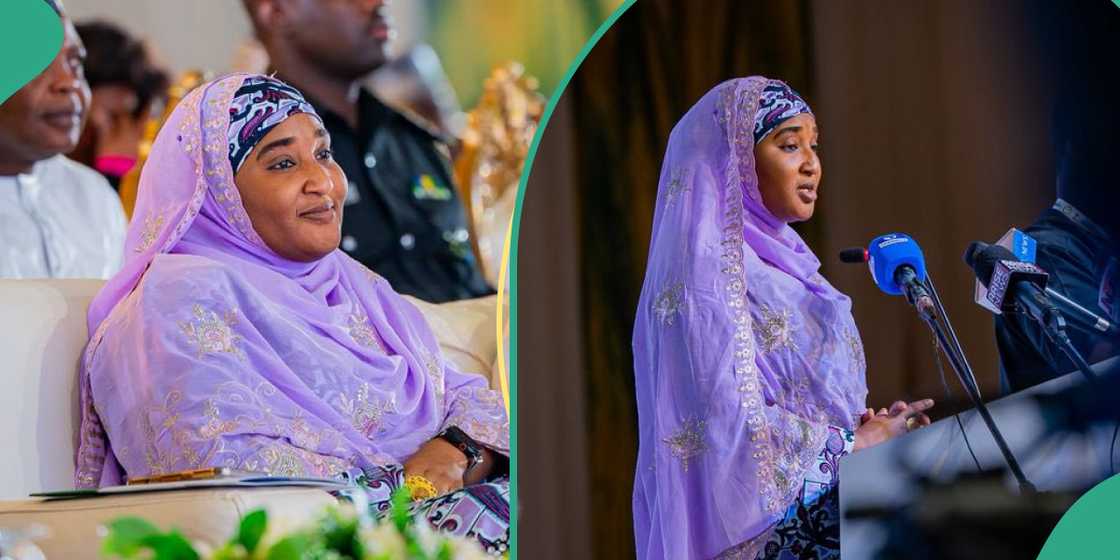
Source: Facebook
The minister of State for Education, Prof. Suwaiba Ahmad, explained that the review was developed in collaboration with key stakeholders, including the Nigerian Educational Research and Development Council (NERDC), Universal Basic Education Commission (UBEC), National Senior Secondary Education Commission (NSSEC), and the National Board for Technical Education (NBTE).
According to her, the goal is to balance quality and workload while ensuring schools nationwide adopt the framework under strict monitoring.
Below are key five changes to note:
1. Primary 1–3
Pupils at this stage will now take between 9 and 10 subjects. The core subjects are English Language, Mathematics, Basic Science and Technology, Culture and Creative Arts, Religion and National Values, and one Nigerian language.
2. Primary 4–6
Pupils will be required to take 10 to 12 subjects. Core areas are English Language, Mathematics, Basic Science and Technology, Culture and Creative Arts, Religion and National Values, Pre-Vocational Studies, and a Nigerian language.
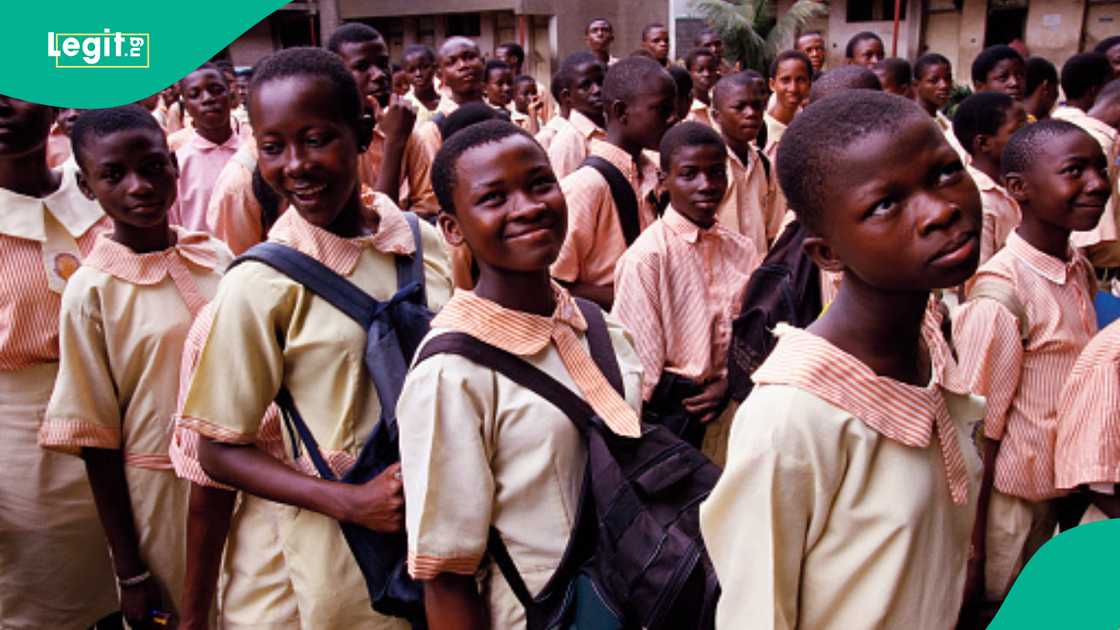
Source: Getty Images
3. Junior Secondary School
Students will now take 12 to 14 subjects. Core subjects include English Language, Mathematics, Basic Science and Technology, Culture and Creative Arts, Religion and National Values, Pre-Vocational Studies, Business Studies, French, and a Nigerian language.
4. Senior Secondary School
Students at this level will take between 8 and 9 subjects. The core list includes English Language, Mathematics, Civic Education, Humanities, Trade/Entrepreneurship Studies, Science and Mathematics, Technology, and Business Studies.
5. Technical Schools
Technical students are expected to take 9 to 11 subjects under the new structure.
The ministry said the curriculum overhaul followed years of calls for reform. The last review for secondary schools was in 2011, while basic education was last updated in 2014. More recently, in 2024, new occupational trades were added to promote practical skills such as digital literacy, robotics, plumbing, solar installation, and garment-making.
Prof. Ahmad noted that although students would take fewer subjects, the content has been improved for stronger knowledge acquisition.
“Although pupils and students go now take lesser subjects, however, di koko na say dem don improve di content to allow for deeper learning,” she stated.
FG announces WAEC's technical glitch fixed
Earlier, Legit.ng reported that the Federal Ministry of Education had confirmed that the technical challenge that disrupted access to some results of the 2025 West Africa Senior School Certificate Examination has been resolved.
The issue was linked to paper serialisation in specific subjects during post-release processing, a security feature introduced by the West African Examinations Council (WAEC) to protect the integrity of exam materials.
Source: Legit.ng


